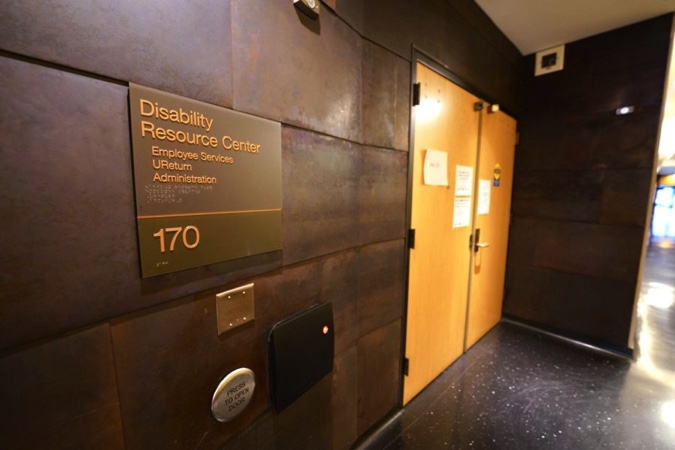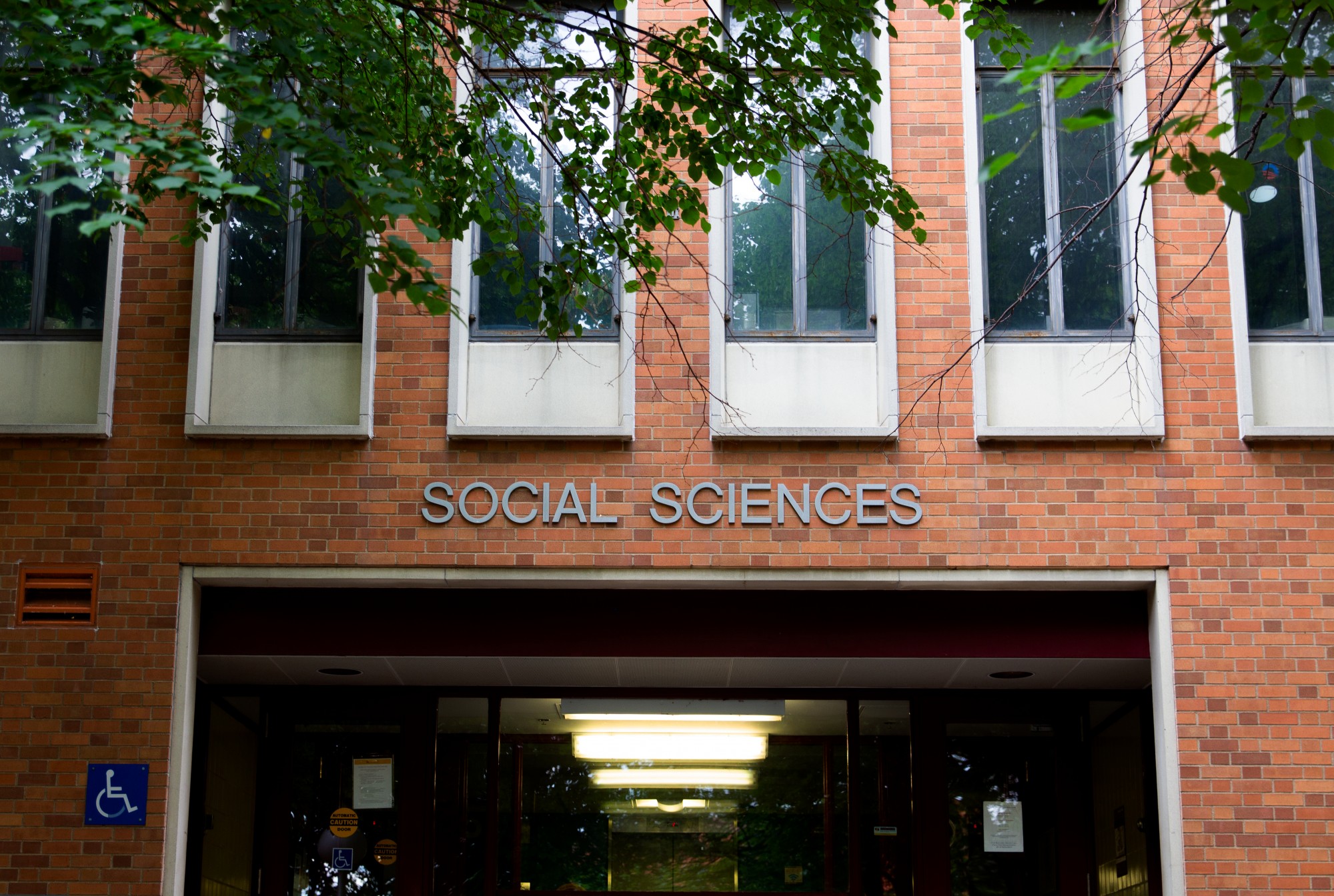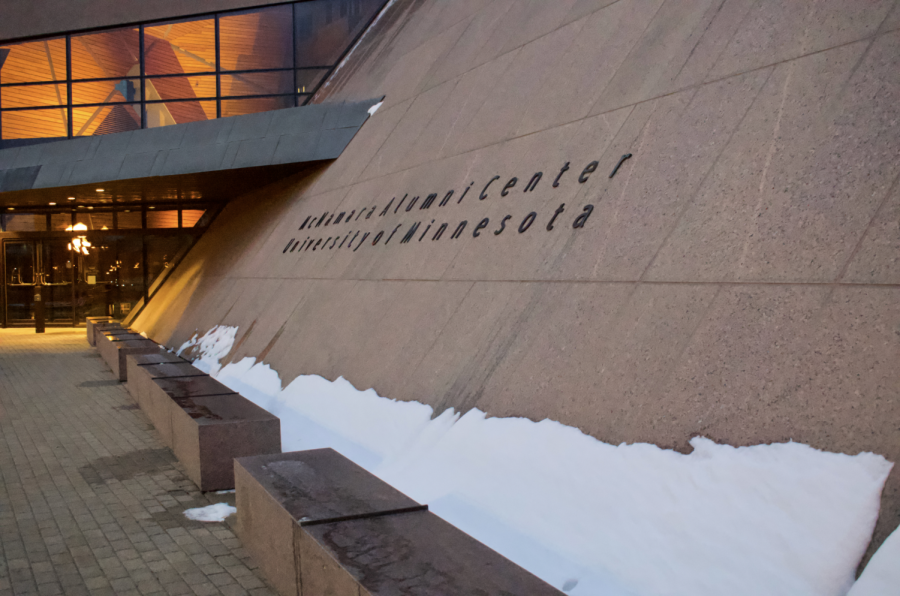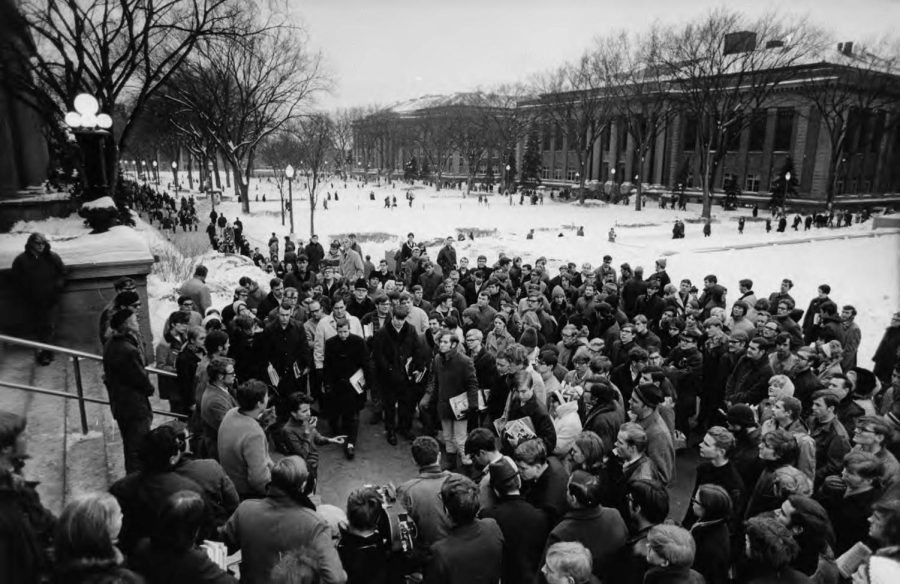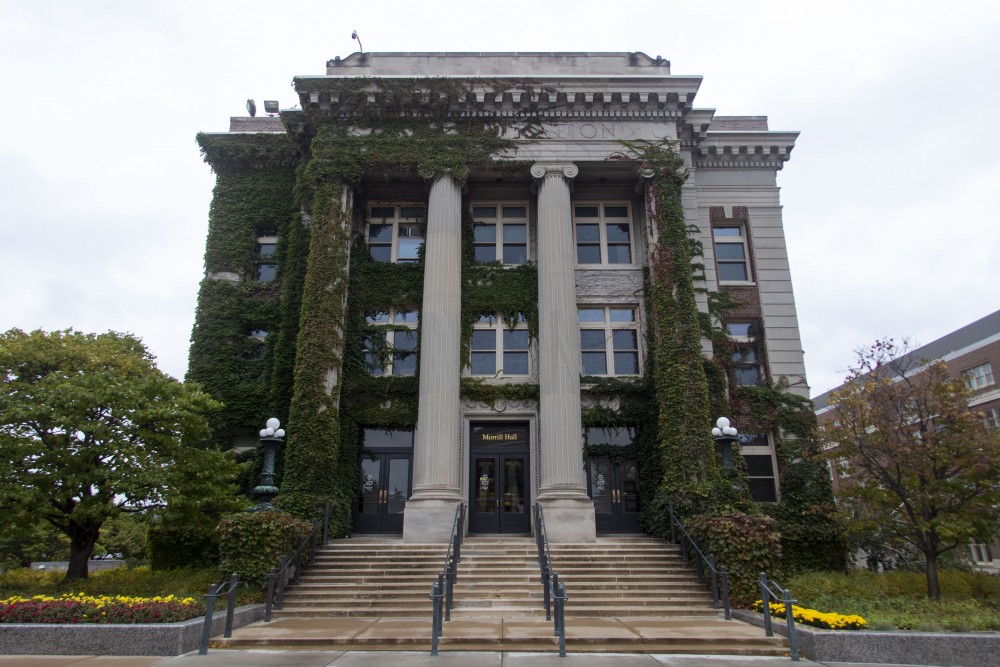 Former University of Minnesota wrestling team head coach J Robinson tried to shield Minnesota wrestlers allegedly involved in a drug ring from punishment, while obstructing investigations of the claims, a University investigation has found.
Former University of Minnesota wrestling team head coach J Robinson tried to shield Minnesota wrestlers allegedly involved in a drug ring from punishment, while obstructing investigations of the claims, a University investigation has found.
The thirty one-page, partially redacted report, released Wednesday, was launched after allegations surfaced that Robinson sought to internally handle a drug use and distribution ring among wrestlers that formed early this year. The school’s investigation found Robinson made promises of amnesty to student athletes he wasn’t authorized to make, failed to disclose information to investigators and tried to protect Gophers wrestlers.
“You engaged in multiple acts of serious misconduct … I am disappointed with your repeated failures to answer important questions asked of you,” wrote Athletics Director Mark Coyle in a letter to the coach Wednesday. “Coaches cannot decide to conceal knowledge of misconduct and attempt to handle matter on their own … nor can coaches interfere with the investigation of a matter.”
Robinson was fired Wednesday after nearly 30 years as the wrestling program’s head coach.
“I’m terminating coach Robinson’s contract,” athletic director Mark Coyle said at a Wednesday afternoon press conference. “I have a great deal of respect for coach Robinson and what he’s accomplished during his 30 years at the University of Minnesota. That respect cannot excuse his conduct in this instance.”
Brandon Eggum was named the interim head coach for the season.
The University was made aware of the allegations in April through a report to its ethics reporting system, prompting a University of Minnesota Police Department investigation. The school launched an internal investigation at the end of May.
More than a dozen wrestlers allegedly used or sold Xanax, a prescription anti-anxiety drug, according to Hennepin County court documents. No criminal charges were filed against Robinson or team members.
Coyle placed Robinson on administrative leave June 1 — almost three months after the allegations surfaced.
The University’s report, citing multiple interviews, largely with redacted sources, said Robinson was aware of wrestlers allegedly selling Xanax to team members and other student athletes, but wanted to wait until the end of the season to deal with the situation.
Robinson was aware of the team’s drug problem by late February, according to the report, but asked Senior Associate Athletics Director Marc Ryan about athlete drug testing forms on March 10. The investigation found that this was the first time athletics department leaders heard of the situation, although no information about selling drugs had been shared with them, the report said.
The school said the few wrestlers Robinson had chosen to undergo testing could not be tested because the forms didn’t provide enough reason. However, the entire team was tested on March 22.
Robinson asked wrestlers at a March 23 team meeting to turn in drugs to him in an attempt to deal with them internally. He said wrestlers would receive amnesty if they reported drug activities.
Though one wrestler tested positive for marijuana and two for amphetamines, the team wasn’t tested for Xanax, despite UMPD insistence that the team be screened for the drug to “give the athletic department a better idea of how big of an issue the use of Xanax was by members of the wrestling team,” according to UMPD documents.
In an interview with police, Robinson said he knew team members were involved in a drug ring, and had told them he wouldn’t disclose what wrestlers told him, unless investigators gave involved wrestlers immunity from prosecution, the report said. A UMPD investigator later told Robinson he couldn’t provide amnesty.
“I find that at the time of the team meeting, Coach Robinson knew or reasonably should have known that he had no authority to offer the student athletes amnesty,” University Senior Associate General Counsel Brent Benrud said in the report, adding that he also should have known he should not have taken the drugs from team members and should have reported the drug activities to administrators.
In a written response to the report, Robinson said he is a scapegoat for the University, and that accusations that he tried to intentionally stymy investigations mischaracterized his actions.
“The Report sacrifices accuracy to create a narrative to support a pre-determined outcome to find fault with me and exculpate the University and senior employees in the Athletic Department,” he said in the response. “The Report is filled with excuses for the University’s failure to act and masks the lack of adequate policy guidance and support to assist coaches in addressing situations involving and helping student athletes with drug issues.”
While Robinson shared some information about the alleged drug problem on the team, Coyle said at a Wednesday press conference he withheld many important details.
Gophers wrestlers would be treated like any other student regarding the University’s code of conduct if there were to be discipline for those involved, he said at the press conference.
University Board of Regents Chair Dean Johnson said Robinson had to be held responsible for his misconduct.
“We must hold our coaches and student athletes to a high standard,” said Johnson. “The wrestlers caused it, and [Robinson’s] response was not appropriate according to University policies.”
Brian Edwards contributed to this report.








